If you’ve ever done a deep dive on Google, you’ve probably experienced its scrollable results pages. That’s where the page automatically fills out toward the bottom, adding up to four pages of extra results to your search. This move, clearly inspired by social media platforms, has now been reversed by Google. Here’s what happened and what it means for users going forward.
The Evolution of Google Search
Google search has come a long way since its inception, with many failed experiments along the way. Being the world’s most popular search engine, there’s no shortage of regions and platforms the tech giant uses to test its new features. It’s rare for a feature to hit mainstream use in Google search and then get reversed within a few years. However, that is exactly what happened with scrollable results pages.
Google’s search isn’t just important because of how many people use it. Today, businesses are integrated with the online world more than ever and rely on search discoverability as a result. This is best seen in industries like iGaming, where casino games exist solely within the confines of a website page. It’s common for these sites to host live streams of table games like online roulette, where the action is managed by a host in real time, alongside other streams and a library of digital games. When a business exists entirely on the internet, it relies on Google’s search apparatus to market itself and find an audience. This means every change to Google’s algorithms can have a profound impact on how these businesses function, and the same goes for product-based industries like e-commerce.
The tech giant is well aware of its impact on individuals, businesses, and even culture through its search engine. This isn’t a one-way street, best exemplified by the fact that scrollable search engine results pages (SERPs) were partly driven by a shift in digital culture, specifically the rise of scrolling on social media. That was, of course, downstream from the popularity of the smartphone and how mobile searches have overtaken desktop searches. A lot of Google’s policy reacts to how the internet develops, while simultaneously shaping it. A more recent example of this is Google’s acceptance of generative AI, something we’ve covered extensively on this site. Now Google has decided that hopping on the scrolling trend wasn’t the best idea, as they look to improve page speed on the search engine.
Google’s Scrollable SERPs
If you used Google before 2021, you’ll probably remember its classic page bar. It was an expanded ‘Goooooooogle’ footer where each ‘o’ represented a page. Users then had to click from one page to another, in the rare occasion they bottomed out the first page. As a rule, most web surfers click on the first page of results. In 2021, Google switched things up by introducing its scrollable SERPs.
Starting today, we’re bringing continuous scrolling to desktop in English in the U.S. so you can continue to see more search results easily. When you reach the bottom of a search results page, you'll now be able to see up to six pages of results. pic.twitter.com/xIuVP24FFm
— Google (@Google) December 5, 2022
By June of 2024, Google is rolling back this feature by bringing back page ends for both desktop and mobile. The classic page bar will make a return for desktop searches while, on mobile, a more intuitive “more results” button will load the next page of searches instead.
There are two main reasons for this change, according to Google’s spokespeople responding to coverage of this change. The first is relatively simple – Google wants to deliver results as fast as possible. Slapping a potentially endless chasm of content onto every page is a hefty load burden. So, in the pursuit of faster results, Google has decided to axe the feature.
The second reason is more nuanced and fits with Google’s search ethos. Put simply, a scrollable search results page can go off-topic very quickly and deliver results that the user didn’t explicitly ask for. In trying to refine Google search, the company prizes high-quality, human-oriented content that perfectly matches the user’s intent. Its helpful content and anti-spam updates throughout 2023 and 2024 have focused on this a lot.
With that context, it makes sense that Google would remove this subtle feature. The company reaps a quick, practical benefit while also realigning itself with its stated search ethos. Behind the scenes, the bright minds behind Google have clearly decided that targeted, relevant pages are better than the aimless void of an infinitely scrollable page.

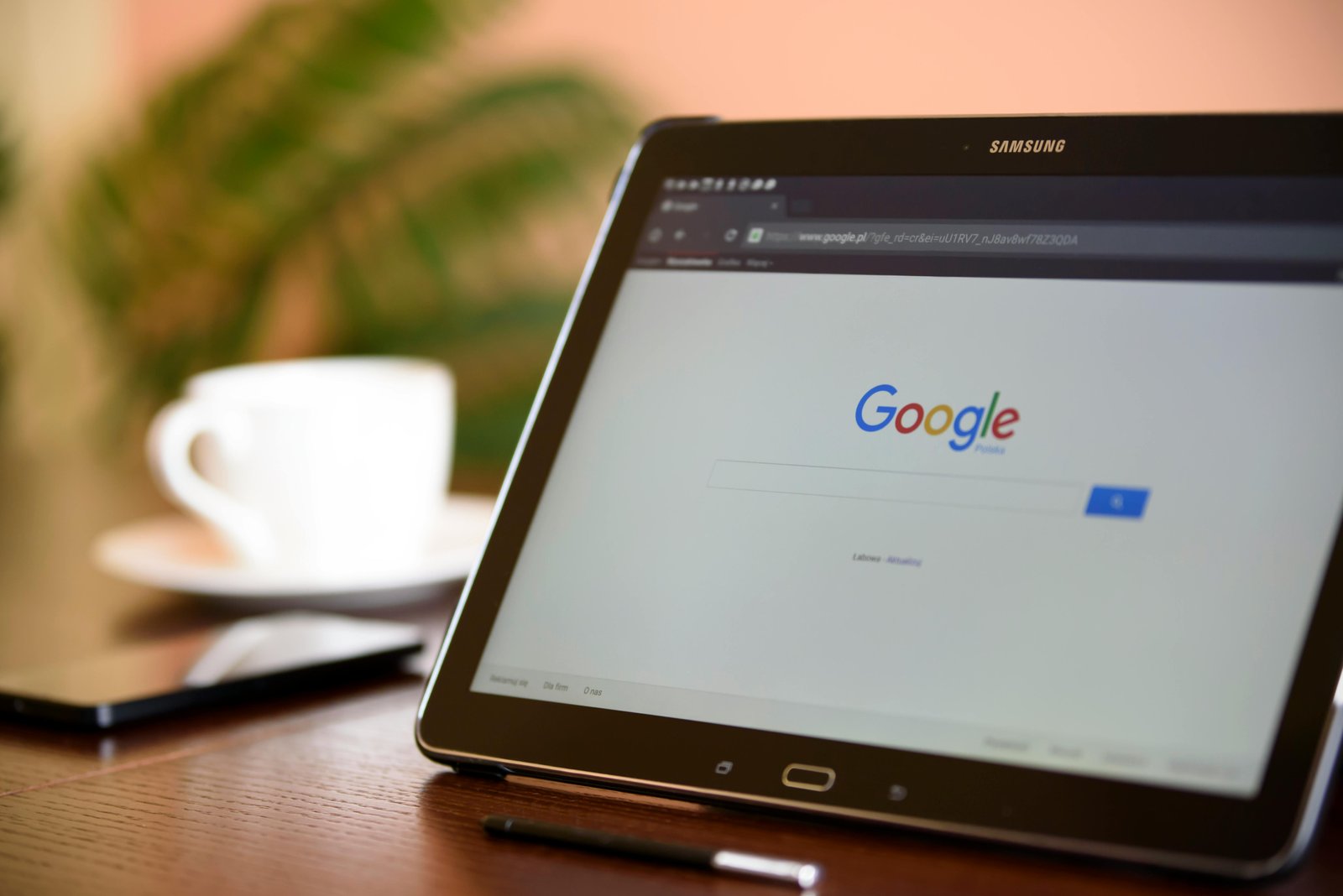
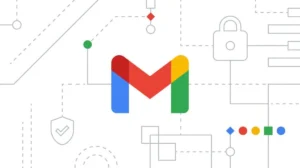

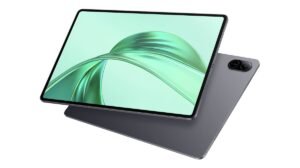
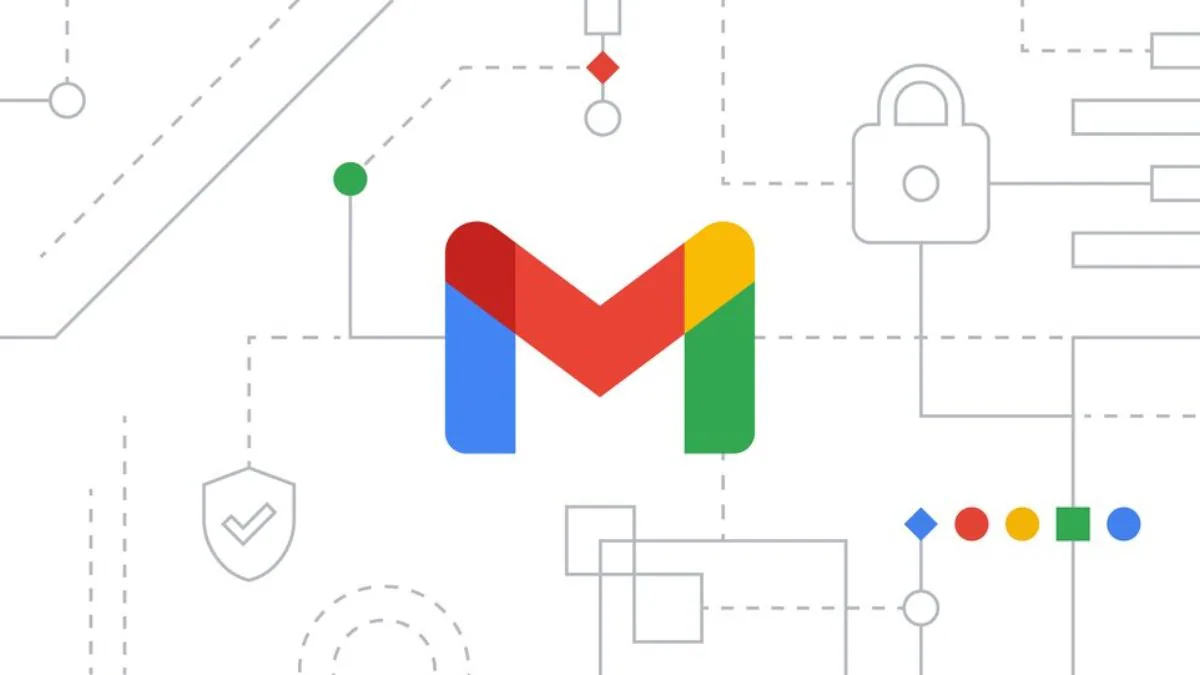
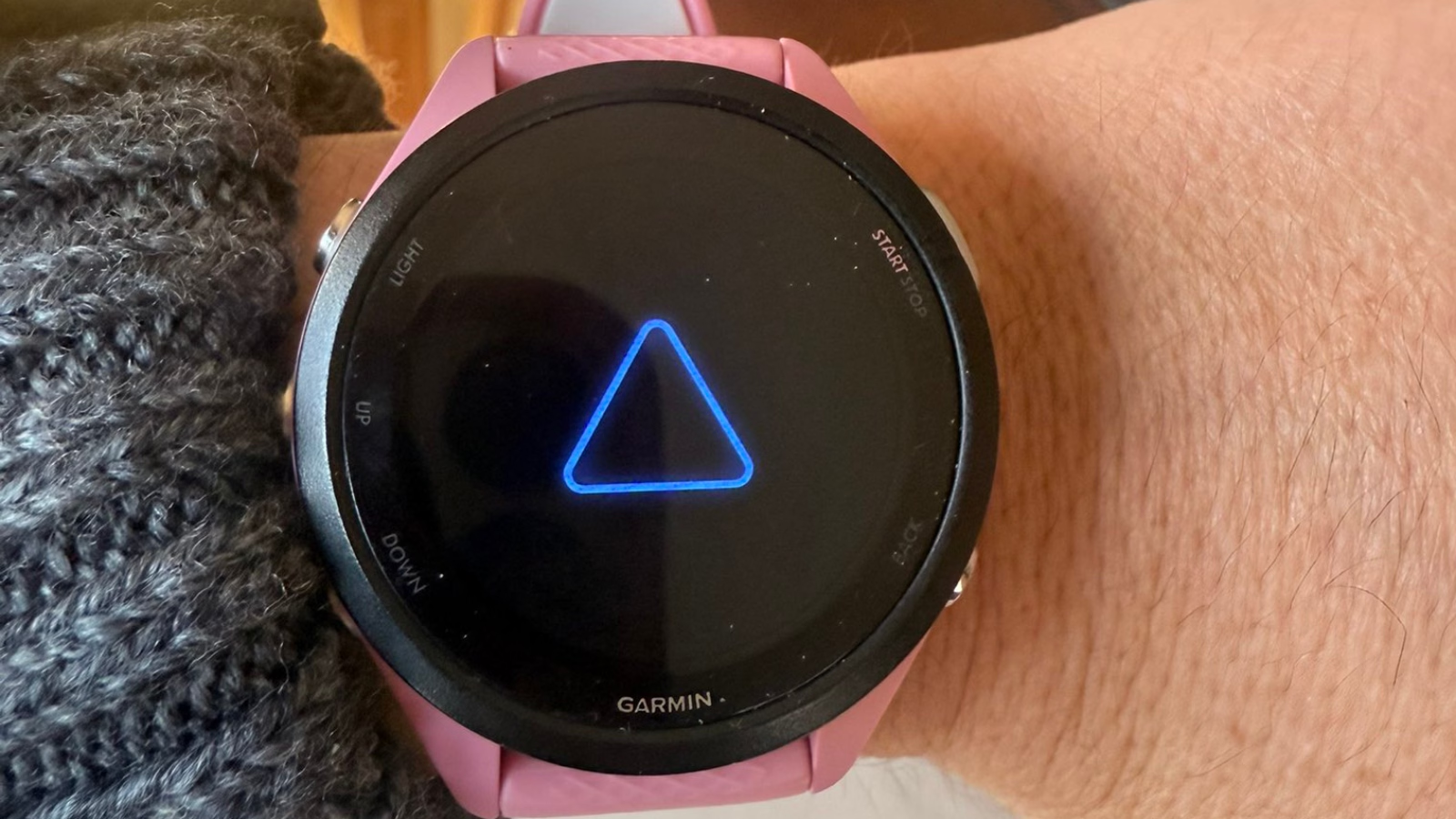
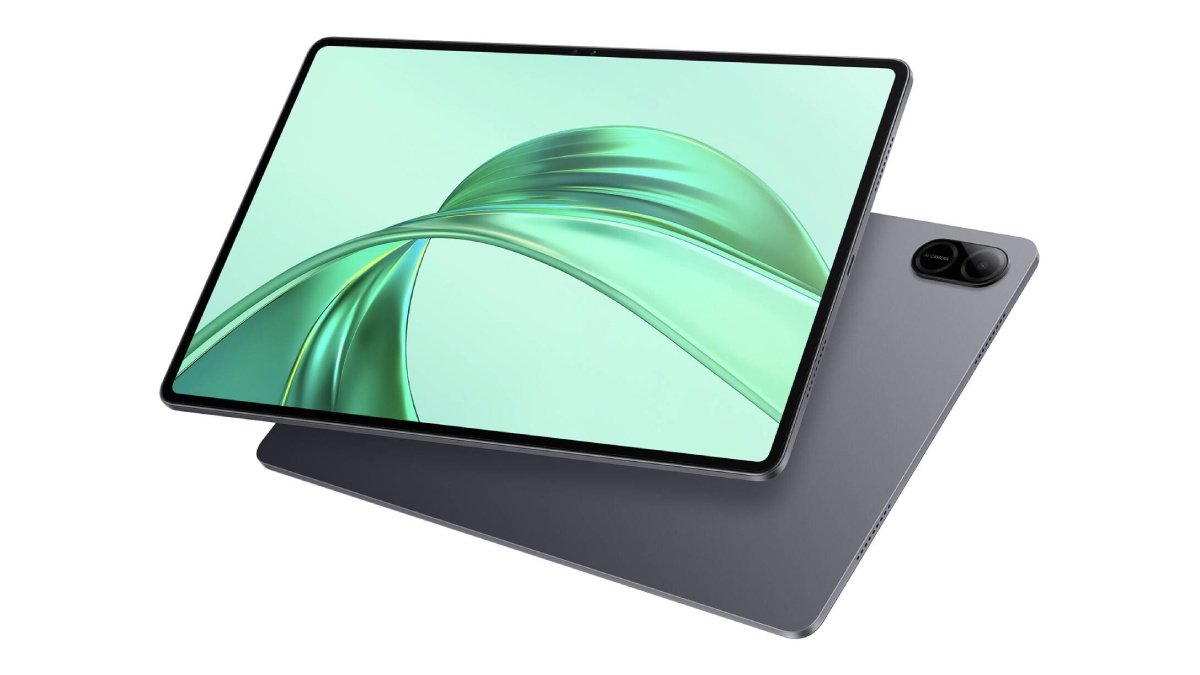

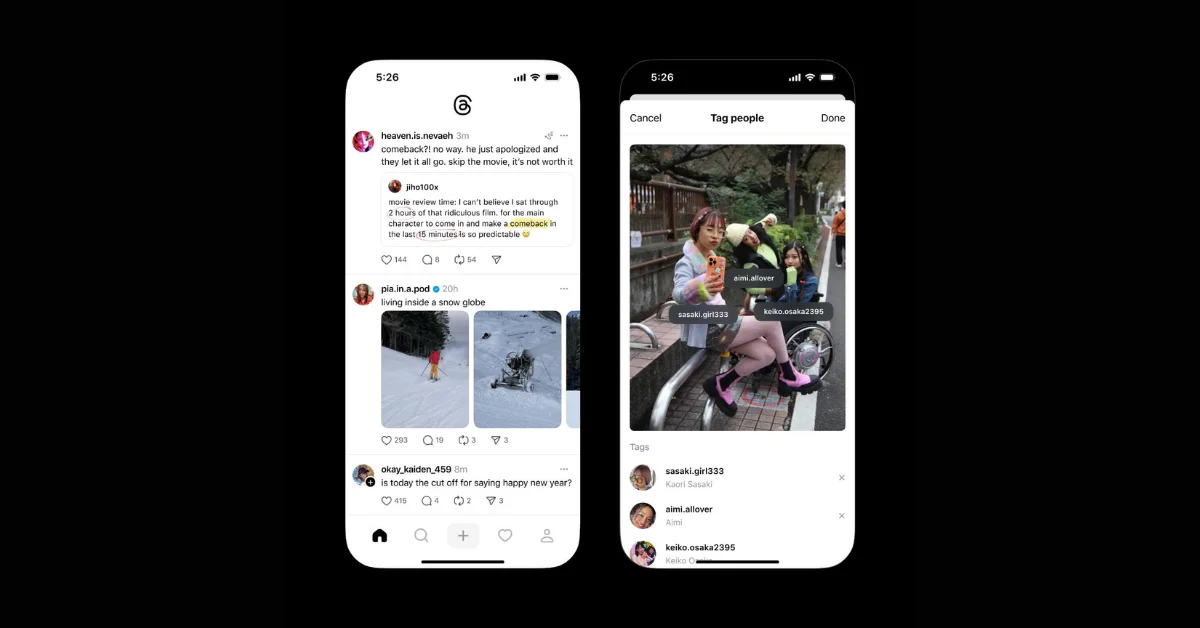









Add Comment